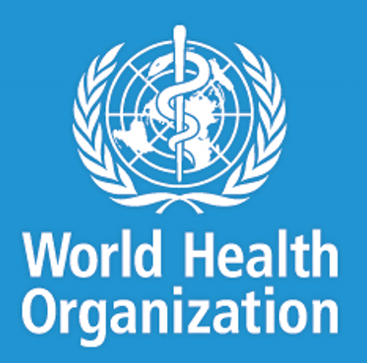

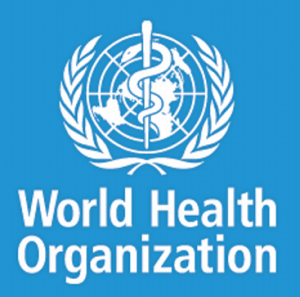 Dr. Fiona Braka, World Health Organization (WHO) Country Representative to Ghana, says tobacco-related diseases are responsible for the deaths of approximately eight million people, including one million who die from exposure to secondhand smoke, globally each year.
Dr. Fiona Braka, World Health Organization (WHO) Country Representative to Ghana, says tobacco-related diseases are responsible for the deaths of approximately eight million people, including one million who die from exposure to secondhand smoke, globally each year.
This equates to one death every four seconds because of tobacco use or exposure.
She said this at the launch of the 2025 World No Tobacco Day celebration organized by Food and Drugs Authority (FDA) held in Ho, on Monday.
Dr. Braka expressed concern over the increasing use of flavoured tobacco and nicotine products, which were particularly attractive to young people due to their sweet taste, modern designs, and appealing packaging.
“These products are a trap,” she said, adding “They are designed to mislead, to addict, and to harm.”
She emphasised that each year, the global campaign served as a stark reminder of the devastating health impacts of tobacco use and the aggressive marketing strategies of the tobacco and nicotine industries aimed at recruiting a new generation of users.
According to WHO data, an estimated 37 million adolescents aged 13 to 15 are already using tobacco products worldwide.
Content promoting e-cigarettes and nicotine devices has amassed over 3.4 billion views on social media, reflecting the industry’s relentless efforts to target youth.
Dr. Braka noted that Ghana was not immune. The 2023 Ghana STEP survey indicates that 4.8 percent of adults currently use tobacco products, with usage significantly higher among men.
Even more alarming is the 7.8 per cent prevalence of shisha use, which disproportionately affects young people and women.
She outlined WHO’s support to Ghana’s tobacco control efforts, which includes strengthening the National Tobacco Track and Trace System to combat illicit trade, supporting the development of a roadmap for implementing the Protocol to Eliminate Illicit Trade in Tobacco Products, Providing technical guidance for amending the Public Health Act (Act 851, Part 6), Facilitating the design of graphic health warnings, conducting public awareness campaigns and national baseline surveys.
She, however, stressed the need for further action and called on Ghana to ban all flavours and flavour descriptors in tobacco and nicotine products, eliminate accessories that bypass flavour bans, enforce plain packaging laws, prohibit misleading terms like “mild” or “light.”, scale up cessation services in line with WHO treatment guidelines, strengthen enforcement of Article 5.3 of the WHO Framework Convention on Tobacco Control (FCTC), which protects policies from tobacco industry interference.
“Ghana must rise to the challenge. We must unmask the appeal of these harmful products, protect our children, and build a society where health is valued above profit,” she urged.
Dr. Olivia Boateng, Director of Tobacco and Substance Abuse at the FDA, said the national tobacco use rate stood at 4.8 per cent, a relatively low figure, but there were challenges, especially with emerging products like shisha and electronic nicotine delivery systems (ENDS).
She explained that among tobacco users, 9.3 per cent are men and only 0.3 per cent are women, particularly for combustible products. However, for shisha and ENDS, usage is higher among young females, at around 9.3 per cent.
“There is a dangerous misconception that flavoured products like shisha are safer,” Dr. Boateng said. “But they contain nicotine and over 7,000 harmful chemicals, including carcinogens.”
She emphasised that ENDS were banned in Ghana, but they continued to enter the market through unauthorized routes.
She said the FDA conducted surveillance, raids, and market inspections to seize unapproved products and prosecute offenders and public education campaigns to counter misinformation.
Dr. Ruby Biaku, representing the Pharmaceutical Society of Ghana (PSGH), noted that substance abuse, including tobacco use, was a critical public health concern that directly involved the pharmaceutical sector.
She said PSGH had collaborated with the FDA in training pharmacists to prevent misuse of controlled medicines and raise awareness about tobacco’s health risks.
Public education initiatives by the Society extended to tertiary institutions, where students were empowered with knowledge on the dangers of tobacco and substance abuse.
“These efforts are crucial in preventing non-communicable diseases and promoting informed decision-making among youth,” she added.
Dr. Hafez Adam Taher, Acting Director for Technical Coordination at the Ministry of Health, speaking on behalf of the Minister, highlighted the government’s dedication to reducing tobacco use through bold regulatory actions.
Ghana, he said, had ratified the WHO FCTC and enacted policies including, Public Health Act, 2012 (Act 851), Tobacco Control Regulations, 2016 (L.I. 2247), Protocol to Eliminate Illicit Trade in Tobacco Products, Graphic health warnings, Ban on smoking in public places, Excise Duty Amendment (Act 1108, 2023) to increase the cost of tobacco products, and National Tobacco Control Strategy under WHO FCTC Project 2030
He also mentioned projects like the Tobacco Policy Action Fund for Africa (TOPAFA), which promotes smoke-free public spaces.
“Tobacco products are not glamorous—they are deadly. They do not enhance freedom—they entrap users in cycles of addiction,” he said.
He assured that the government would continue to provide resources to the FDA and partners to enforce control measures.
He called on all stakeholders—health workers, civil society, and the media—to support and promote tobacco control messages across communities.
“Together, let us unmask the deception of the tobacco industry and create a future where tobacco no longer has a place in our society,” he concluded
Source: GNA
The post Tobacco-related diseases kill eight million people annually – WHO appeared first on Ghana Business News.
Read Full Story


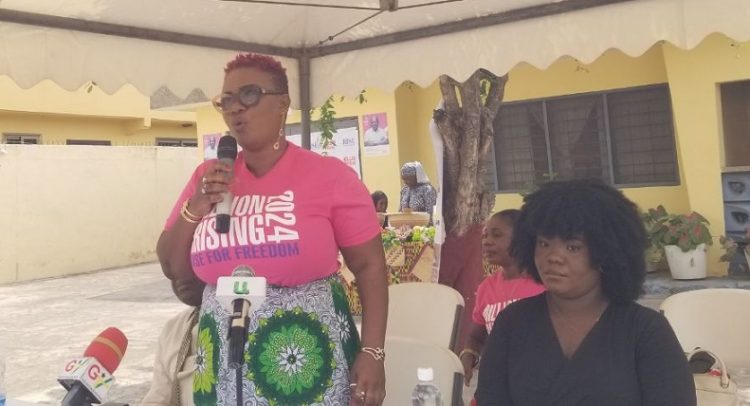
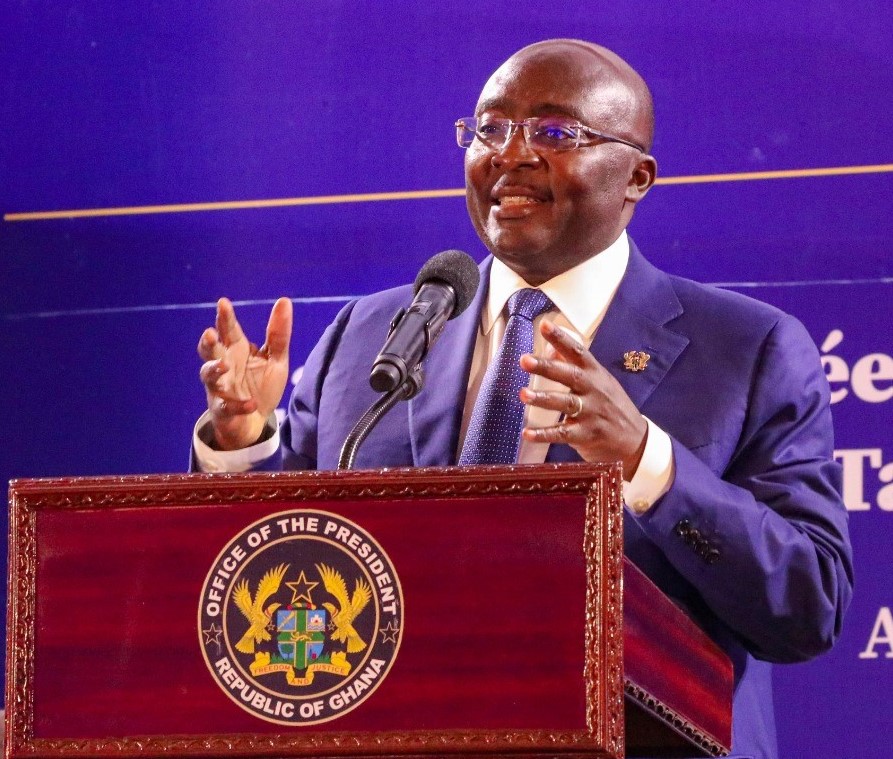


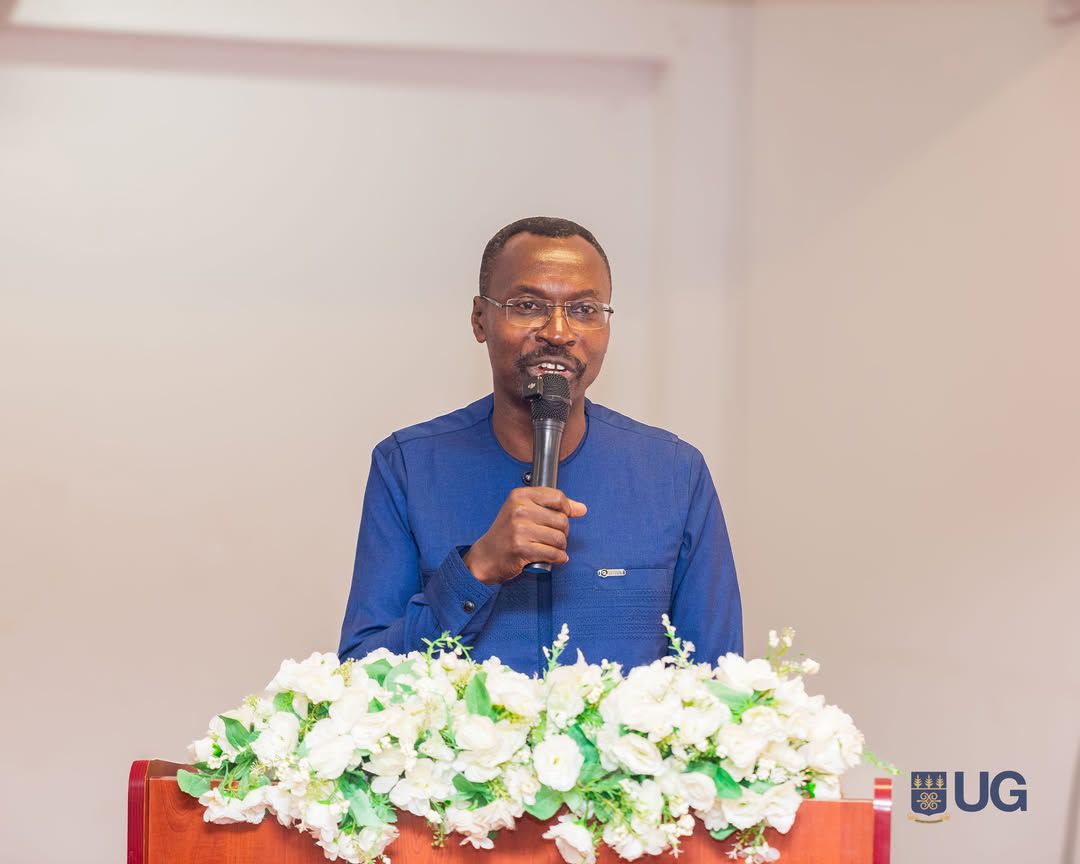
![Dormaahene hails Mahama, vows to carry him at his back if cedi hits GH?8 to $1 [Video]](https://sportal365images.com/process/smp-images-production/pulse.com.gh/01062025/e9150a95-eb04-4066-bf2d-fef977524ffe.png)

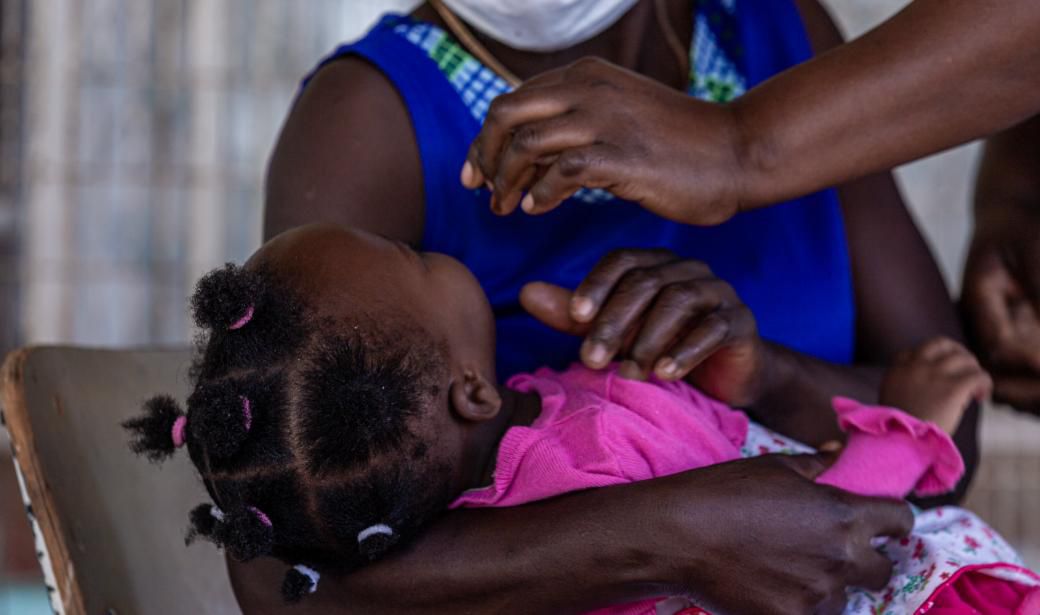
![Hajia4Reall makes a bold comeback with new music after U.S prison sentence [Video]](https://sportal365images.com/process/smp-images-production/pulse.com.gh/01062025/88287b98-5b5d-4e81-b3b1-c4adb7b6ee54.png)


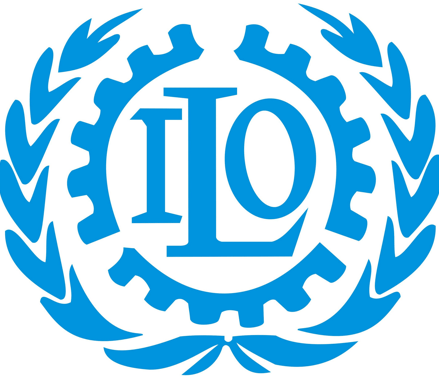




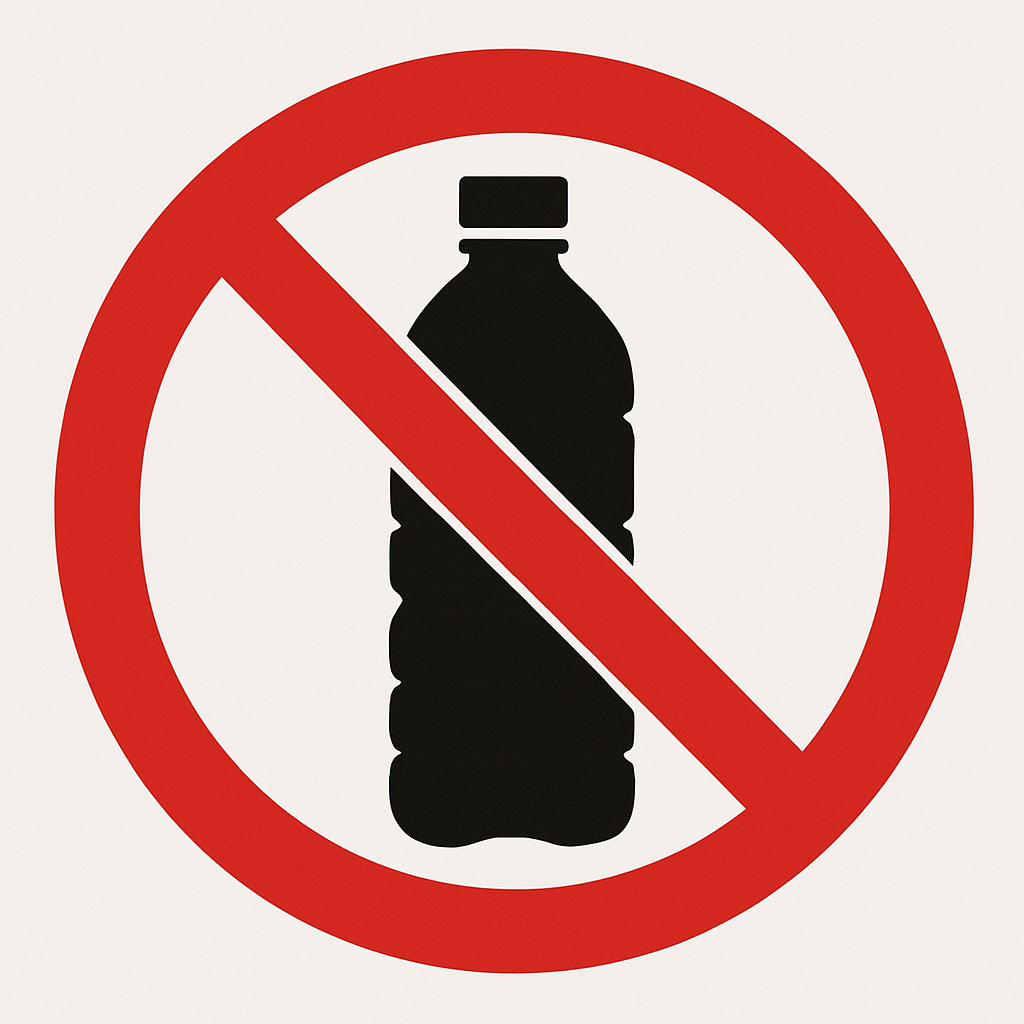


Facebook
Twitter
Pinterest
Instagram
Google+
YouTube
LinkedIn
RSS